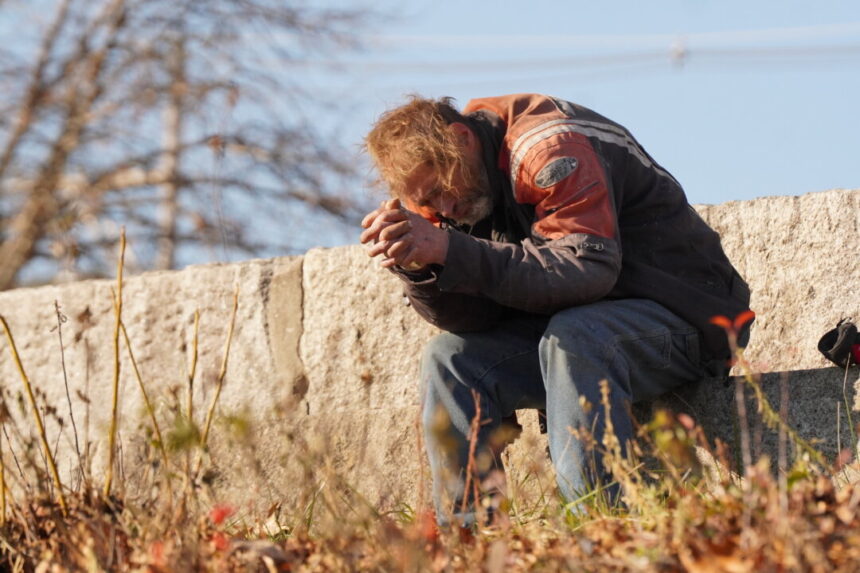An Oregon city is pushing for the Supreme Court to overturn a ruling that bars it from prosecuting homeless individuals for sleeping outdoors, arguing that the Eighth Amendment does not pertain to homelessness policies. The city’s case, City of Grants Pass v. Johnson, is set to be heard on April 22. Grants Pass, with a population of 39,000, is situated in southwest Oregon near the California border, with activist Gloria Johnson as the primary respondent.
The issue arises as cities nationwide grapple with homelessness and the proliferation of homeless encampments due to factors such as increasing residential rents. According to the U.S. Department of Housing and Urban Development, over 580,000 people experienced homelessness in 2022.
The U.S. Court of Appeals for the Ninth Circuit previously ruled that Grants Pass was prohibited by the U.S. Constitution from enforcing penalties against individuals for camping on public lands when no indoor shelter was available. This decision was based on the Eighth Amendment’s prohibition against cruel and unusual punishment.
The city argues that the Ninth Circuit’s decision is flawed and relies on misinterpretations of previous Supreme Court rulings. They assert that punishing homeless individuals for sleeping outdoors should not be considered cruel and unusual punishment, as it is based on the false assumption that these individuals have a choice in the matter.
While the case has sparked debate over the intersection of homelessness policies and constitutional rights, the city maintains that the Eighth Amendment does not dictate government housing policy or efforts to maintain public spaces. The Supreme Court’s decision on this matter is eagerly anticipated, with the federal government also seeking to participate in the oral arguments as a friend of the court.
Senators Argue Against Criminalizing Homelessness
Senators have made a compelling argument against subjecting homeless individuals to criminal penalties for living outdoors on public land. According to a brief submitted by the senators, punishing poverty only serves to trap people in cycles of debt, unemployment, and hopelessness. This, in turn, increases the likelihood that individuals will become chronically homeless, worsening the problem for everyone involved. The brief asserts that such punitive measures serve no legitimate penological purpose.
Furthermore, studies have shown that “punishing homelessness” is ineffective in addressing the issue. Instead of criminalizing homelessness, the senators advocate for more compassionate and effective solutions to support individuals experiencing homelessness.






